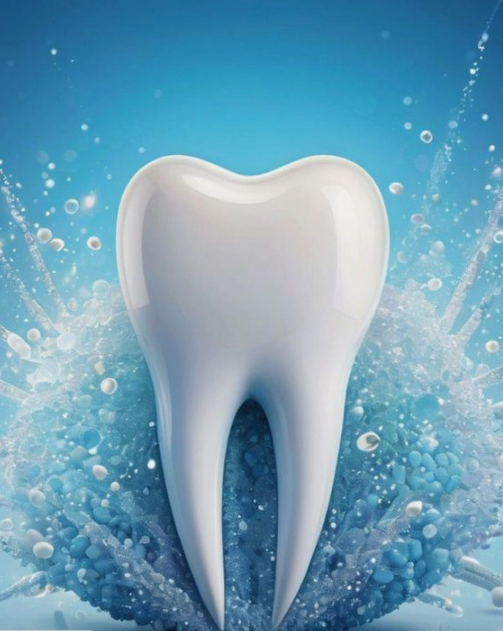Gum disease is a common health condition that affects millions of people. According to the CDC, 50% of adults above 30 years in the United States are affected by mild to severe gum disease.
Some people don’t know that they have gum disease until they visit a dentist for an examination. Unlike other dental health conditions that only affect our teeth, gum disease, when left untreated, can cause other health issues.
This article is going to shed light on the signs and symptoms of gum disease and the life-threatening conditions you may develop if you don’t address it quickly.
Symptoms of gum disease
While gum disease is prevalent among people above age 30, studies have shown that it can also affect individuals of any age who don’t brush their teeth and floss regularly.
Note that pain in the tooth isn’t the main symptom associated with gum disease. Reports have shown that young patients may not experience pain or discomfort at the early stages of the condition.
Below are some symptoms you may experience if you have gum disease.
Loose teeth
Bad breath
Sensitive teeth
Swollen gums
Discomfort when chewing
Receding gums
Dangers associated with untreated gum disease
Whether you have mild or severe gum disease, you must take steps to address it. Visiting a dentist for an oral exam is a good place to start.
If gum disease isn’t treated or treated the right way it will deteriorate. When this happens, you may become prone to some serious health conditions. Below are some of them.
Heart disease
A survey from the AHA (American Heart Association) shows that individuals with gum disease as well as those who don’t brush their teeth regularly are prone to developing heart disease.
A recent study found that gum disease can increase the risk of one having a heart attack by 49%.
New studies have shown that gum disease can have an impact on the blood pressure of people with heart disease. Even worse, it can reduce the effectiveness of hypertension medications.
Dr. Jacob Stephen, MD, a certified cardiologist, pointed out that some patients may experience a decline in their blood pressure when they get the right treatment for gum disease.
Arthritis
Researchers have found out that the bacteria that is in gum disease can also cause arthritis. The bacteria can cause areas like the joints and other parts of our body to become inflamed.
Pneumonia
One of the main symptoms associated with gum disease is inflammation. Severe inflammation in the gum region can increase the risk of developing health conditions like asthma and Pneumonia.
You see, when you have a serious infection in the gum, your immune system will be very active and will cause the lungs and airways to become inflamed. Research suggests that people with severe gum disease are more likely to get infected with respiratory conditions like Covid-19 and the complications associated with it.
Diabetes
Not treating gum disease promptly can increase the risk of developing type-2 diabetes. Having an oral health condition like gum disease can cause a spike in your sugar levels. You see, the bacteria in the affected part of your gum will enter your bloodstream and alter the function of your immune system. Your body will respond to this by increasing your blood sugar, hoping it will kill the bacteria.
Final note
Gum disease is a preventable oral condition. Following a good oral care routine will reduce the odds of your having the condition. As mentioned above, the symptoms of gum disease aren’t always obvious or painful. This is why you should visit your dentist regularly for a close examination of your teeth. If you happen to be experiencing some of the symptoms associated with gum disease, you should visit your dentist and take steps to address it.

